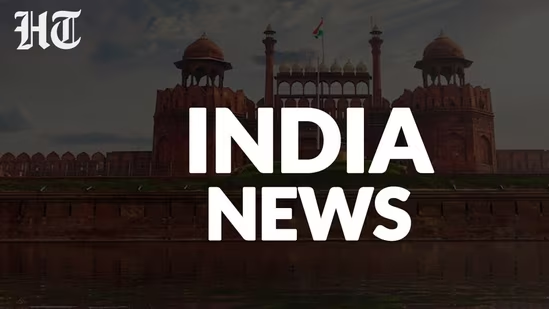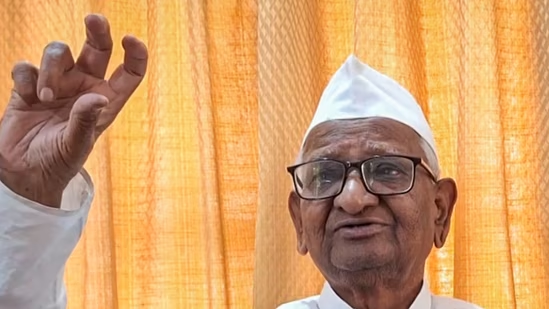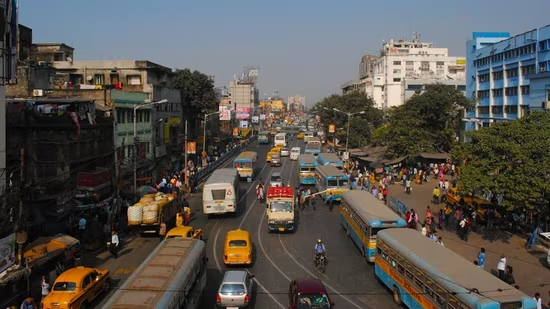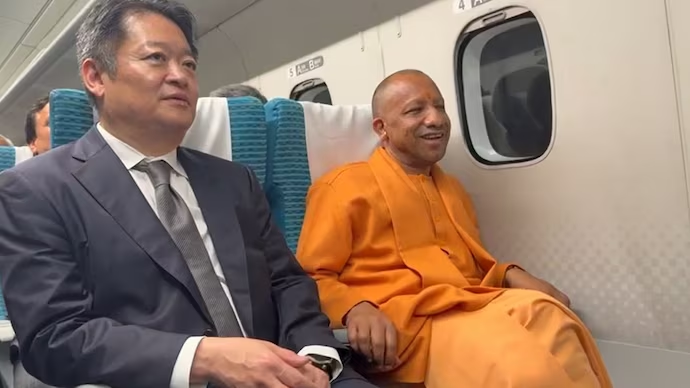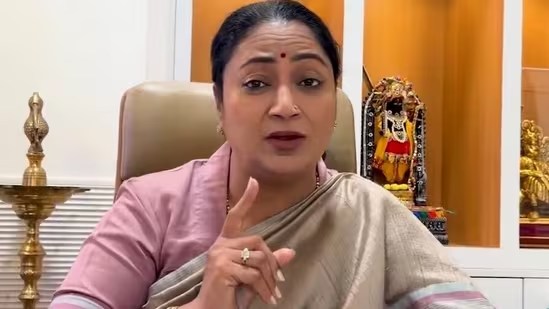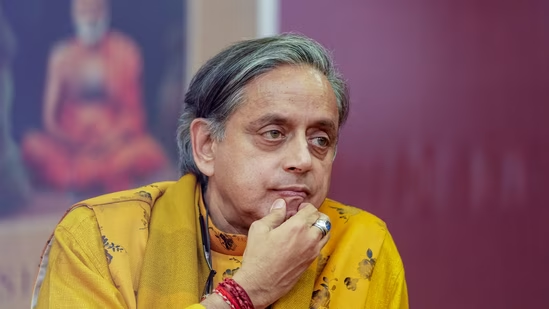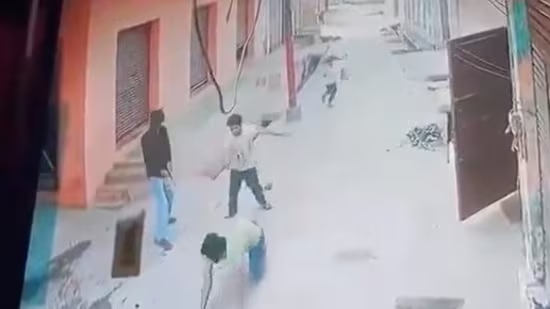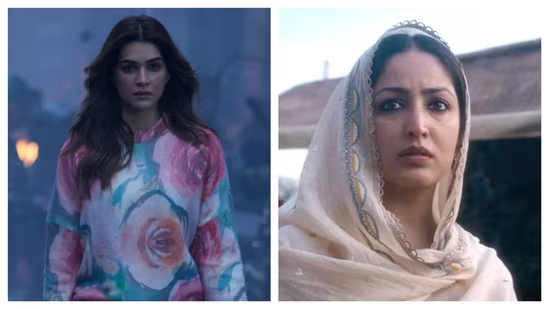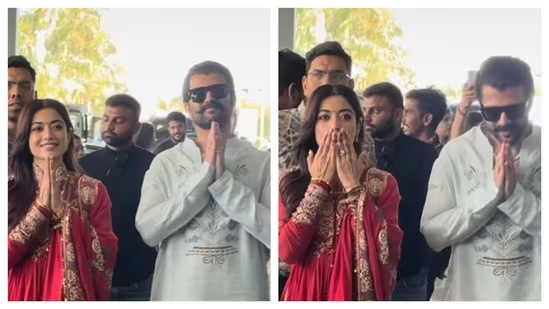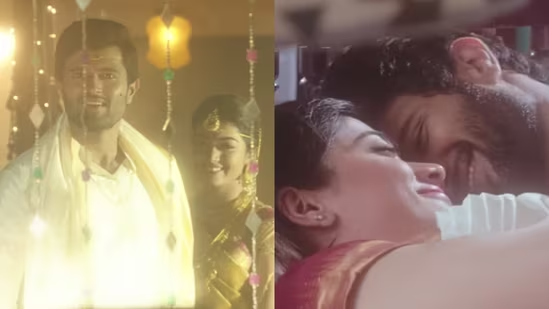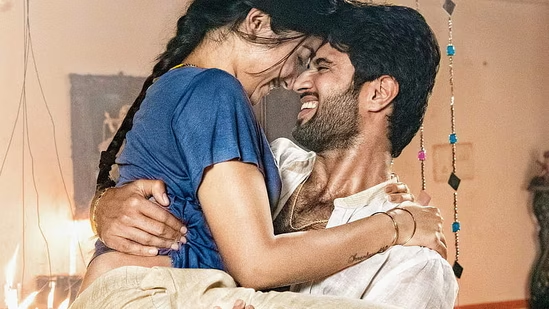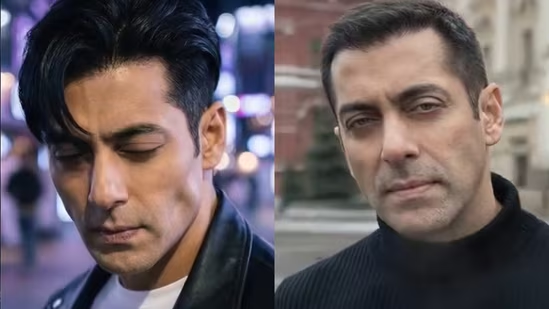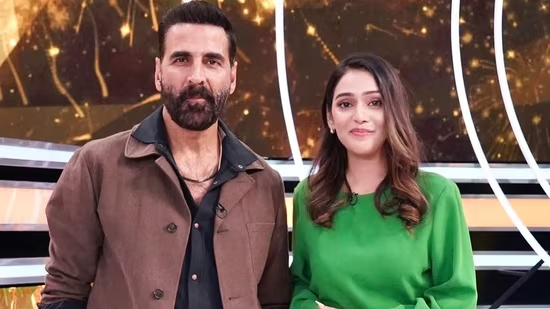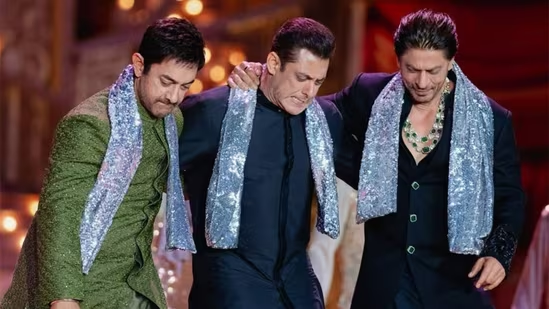Putin’s top military officials, according to Prigozhin, would be made to devour the flesh of martyred soldiers in hell for their alleged incompetence and treason in managing what Moscow refers to as its ‘special military operation’ in Ukraine
In a video published on Monday, Russia’s senior general, Chief of the General Staff Valery Gerasimov, was seen directing subordinates to attack Ukrainian missile positions, marking his first public outing since a foiled mercenary uprising on June 24.
The video shows that President Vladimir Putin has maintained the positions of his two most prominent military leaders, Defence Minister Sergei Shoigu and Gerasimov, despite demands from mercenary commander Yevgeny Prigozhin to fire them for allegedly conducting military operations in Ukraine incompetently.
Gerasimov, 67, who was chairing a conference with senior generals while seated in a white leather chair in a military command centre, requested and then listened to a report from Viktor Afzalov, General Sergei Surovikin’s deputy in the aerospace forces, who has not been seen in public since the Wagner mutiny.
The video, according to the defence ministry, showed Gerasimov at a meeting on Sunday. It listed his prior roles as commander of Moscow’s forces in Ukraine and chief of the general staff of the Russian armed forces.
Gerasimov was informed that a Ukrainian missile attack on the areas of Rostov and Kaluga, which Russia acquired from Ukraine in 2014, as well as Crimea had been foiled on Sunday, and he was then given instructions on how Russia should respond.
“We note that the aerospace forces have coped with the task (of shooting down the missiles),” Gerasimov said.
He then instructed the aerospace forces and GRU military intelligence to locate “the storage sites and launch positions of the missiles and other enemy strike weapons to plan a preemptive strike”.
Putin referred to the Wagner mercenaries’ mutiny as treason, likened it to the unrest leading up to the 1917 Russian Revolution, and commended the obedient troops for preventing what he claimed might have turned into a civil war.
Since an agreement to end the mutiny was reached, Putin and the Kremlin have worked to provide a picture of business as usual. The president has presided over a number of meetings, visited audiences in Dagestan, and even hosted a young girl for a tour of the Kremlin.
Given that Shoigu and Gerasimov are still alive, Prigozhin’s attempt to depose Putin’s senior military officials has, at least temporarily, failed.
Prior to the mutiny, Prigozhin had been verbally abusing them openly for months, shocking top Russian officials with his use of vulgar language and prison slang while going unchallenged in front of the public by Putin, Shoigu, and Gerasimov.
Putin’s top military officials, according to Prigozhin, would be made to devour the flesh of martyred soldiers in hell for their alleged incompetence and treason in managing what Moscow refers to as its “special military operation” in Ukraine.
In the final week before the mutiny, Prigozhin intensified his criticism of Shoigu, tearing apart the Russian case for war, and charging the defence ministry with deceiving Putin about the origins and course of the conflict.
Prigozhin said that his rebellion was not intended to overthrow Putin or seize power, but rather to settle personal differences with Shoigu and Gerasimov.
The majority of the video call participants’ faces were obscured in the film that was made public on Monday, but Surovikin’s deputy, Afzalov, was visible.
Prigozhin frequently lauded Surovikin, who was previously the deputy commander of Russia’s forces in Ukraine and whose whereabouts were unknown.
Surovikin, the official commander-in-chief of the aerospace forces, has earned the moniker “General Armageddon” in the Russian media due to his renowned ferocity.
Two of Gerasimov’s subordinates, Colonel-Generals Sergei Rudskoi and Alexei Kim, were depicted in the same video.
(With agency inputs)






